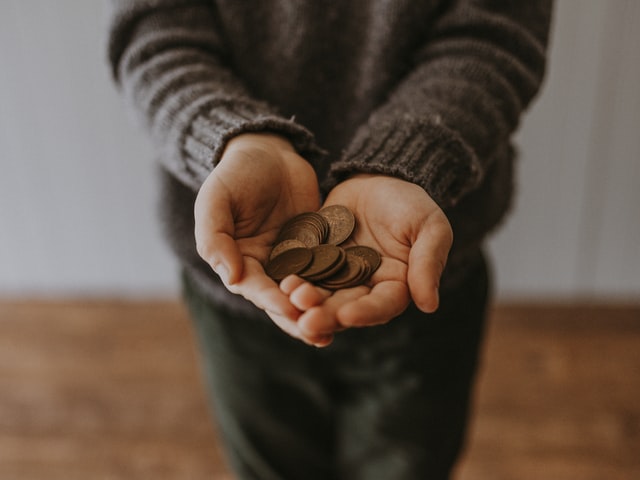Selflessness: Definition, Examples, & QuotesBy Justine Saavedra, M.S.
Reviewed by Tchiki Davis, M.A., Ph.D. Explore the benefits and importance of selflessness. Learn to be more selfless through examples and quotes.
Volunteering may be the first idea that comes to mind when you think about selflessness, and while this is a wonderful practice, it is only one of many ways we can be giving with our time, energy, and love. For example, learning to be more considerate of others can be helpful for many areas of your life including work, marriage, and everyday happiness. This article will present you with more examples of selflessness and give you suggestions about how you can incorporate more selfless acts into your life.
Before reading on, if you're a therapist, coach, or wellness entrepreneur, be sure to grab our free Wellness Business Growth eBook to get expert tips and free resources that will help you grow your business exponentially. Are You a Therapist, Coach, or Wellness Entrepreneur?
Grab Our Free eBook to Learn How to
|
Are You a Therapist, Coach, or Wellness Entrepreneur?
Grab Our Free eBook to Learn How to Grow Your Wellness Business Fast!
|
Terms, Privacy & Affiliate Disclosure | Contact | FAQs
* The Berkeley Well-Being Institute. LLC is not affiliated with UC Berkeley.
Copyright © 2024, The Berkeley Well-Being Institute, LLC
* The Berkeley Well-Being Institute. LLC is not affiliated with UC Berkeley.
Copyright © 2024, The Berkeley Well-Being Institute, LLC




